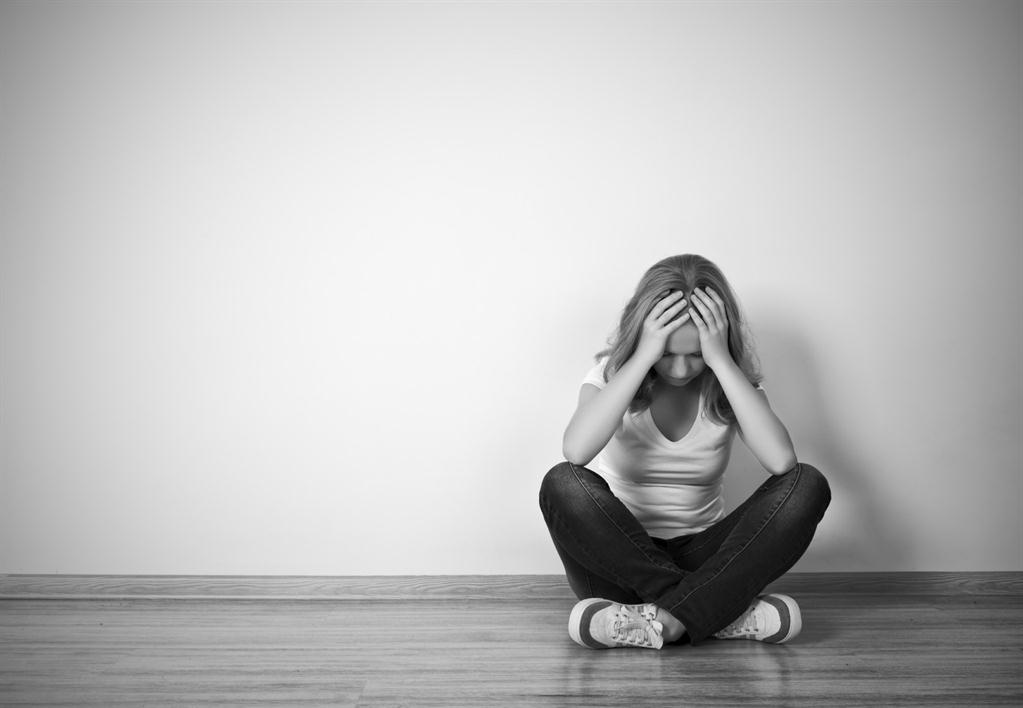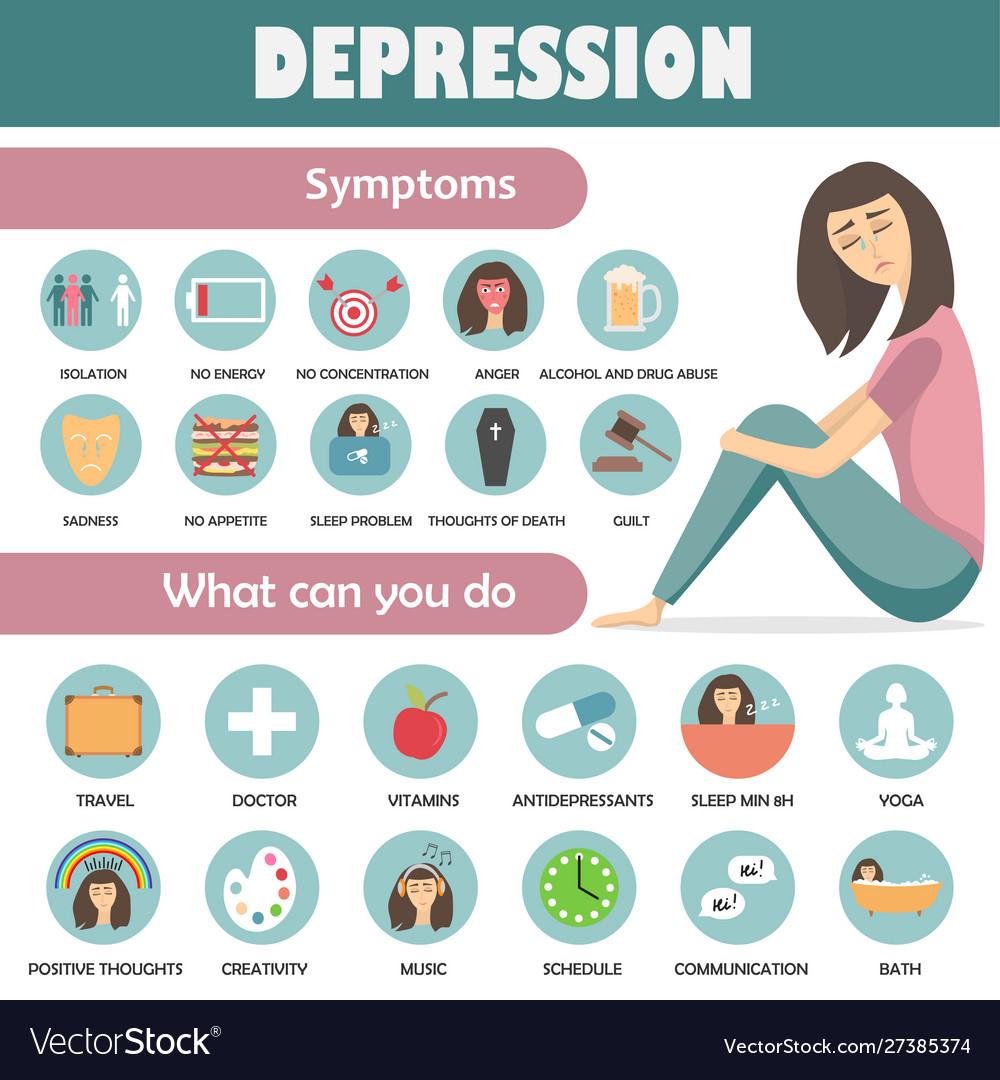Depression - a silent killer
Youth between the ages of 16 and 24 are considered to be most at risk.
Enzo Amuele
Despite its recent rise to public and academic attention, descriptions of depression date back thousands of years.
Internationally, depression causes more disability than any other psychiatric disorder and creates the greatest social burden of all mental illnesses. It is extensively interconnected with other mood disorders, so it manifests itself differently in every sufferer.
Depression is an illness that appears to be unrelated to ethnicity, education, income, and marital status.
Unfortunately, youth between the ages of 16 and 24 are considered to be most at risk. Thankfully, it’s a treatable disease.
Monica Shikongo, who is a social worker at the ministry of health and social services, describes depression as a biopsychosocial disorder that interferes with daily functioning, interpersonal relationships, and school or work. Depression is one of the most common psychiatric disorders, and can be treated successfully in most people using either talk therapy, medication or both.
“The social worker has to be aware that dealing with a depressed client is not easy. It needs strong psychosocial support to show love and care to the client, and protection that enhances the cognitive, emotional and spiritual well-being of a person and strengthens their social and cultural connectedness.
“The social worker has to make sure that psychosocial support is appropriately, adequately and consistently provided through home, family, school, friends and community,” she said.
From an academic perspective
According to Annastasia Siteketa, an academic counsellor at the University of Namibia (Unam), in an academic setting, triggers of depression are often attributed to adjustment to tertiary life, feeling overwhelmed with finding and striking balance between academic and social life.
Other triggers include finances, loss, interpersonal stressors and loneliness, particularly for international students who were locked down in Namibia and couldn’t travel to be with their families, being diagnosed with an illness, stigma and violation.
It is important to note that depression is a common mental illness that causes negative alterations in mood, behaviour and thought processes.
It often occurs due to various reasons and the triggers are different per individual because we are not all affected the same when faced with adversity or setbacks in life, she said.
Symptoms
The common symptoms of depression include low mood, chronic worry, excessive guilt, changes in sleep and/or eating patterns, loss of pleasure in previously pleasurable activities, feelings of worthlessness and hopelessness and reoccurring thoughts of death, which can all vary from mild to severe.
It is also important to highlight that when individuals experience these symptoms, destructive strategies such as an increase in alcohol and illicit substance use are often adopted as coping mechanisms.
Dangers of depression
When asked by The Zone what the dangers of depression, if not attended to on time, are Siteketa said: “As previously highlighted, not everyone affected by depression experiences this condition in the same way.
“Due to stigma surrounding mental health, many people shy away from seeking timely assistance and support which could lead to suicidality as well as destructive, self-sabotage, reckless and risky behaviour involving increased alcohol and substance use or addiction, which could precipitate health concerns.”
She further emphasised that with depression, often, our ability to function socially or in an academic or work setting is impaired.
Counselling
“There is no standard approach used in treating depression, although research does show that specific approaches are known to yield successful results in treating depression such as Cognitive Behavioural Therapy.
“The approach is often informed by the type of training received by a professional staff member assisting that particular person, but also determining which approach works best for that particular person. What works for one person may not work for another also experiencing the same condition.
“At Unam, the professional staff try to implement a more holistic approach involving ongoing assessments, provision of psychosocial support which can be extended to the student’s home environment, in addition to seeking academic support/accommodation from respective faculties/schools including referrals to other stakeholders to further assist,” Siteketa said.
She mentioned that as many as three to four students a day come into her office seeking academic counselling.
“One has to understand that student life presents a lot of challenges, therefore, students at Unam generally seek guidance and counselling as often as they need to based on these academic challenges encountered on a day-to-day basis,” she said.
Advice to students
The Covid-19 pandemic brought about a lot of challenges for everyone, and as you can imagine, students probably have it worse. As mentioned by the Unam vice-chancellor, Professor Kenneth Matengu, in his state of the university address, within every challenge lies an opportunity, because now more than ever, we are all required to adjust to the new change.
“I would just like to congratulate every student for making it thus far. This shows that with effort, resilience and dedication, nothing can prevent you from achieving your goals and dreams in life. Be proud of yourself and, most importantly, maintain the resilience and creativity which you have discovered this year. Just one more push, ace your exams and finish of 2020 on a high. Wishing you all the best of luck with your examinations.”
Despite its recent rise to public and academic attention, descriptions of depression date back thousands of years.
Internationally, depression causes more disability than any other psychiatric disorder and creates the greatest social burden of all mental illnesses. It is extensively interconnected with other mood disorders, so it manifests itself differently in every sufferer.
Depression is an illness that appears to be unrelated to ethnicity, education, income, and marital status.
Unfortunately, youth between the ages of 16 and 24 are considered to be most at risk. Thankfully, it’s a treatable disease.
Monica Shikongo, who is a social worker at the ministry of health and social services, describes depression as a biopsychosocial disorder that interferes with daily functioning, interpersonal relationships, and school or work. Depression is one of the most common psychiatric disorders, and can be treated successfully in most people using either talk therapy, medication or both.
“The social worker has to be aware that dealing with a depressed client is not easy. It needs strong psychosocial support to show love and care to the client, and protection that enhances the cognitive, emotional and spiritual well-being of a person and strengthens their social and cultural connectedness.
“The social worker has to make sure that psychosocial support is appropriately, adequately and consistently provided through home, family, school, friends and community,” she said.
From an academic perspective
According to Annastasia Siteketa, an academic counsellor at the University of Namibia (Unam), in an academic setting, triggers of depression are often attributed to adjustment to tertiary life, feeling overwhelmed with finding and striking balance between academic and social life.
Other triggers include finances, loss, interpersonal stressors and loneliness, particularly for international students who were locked down in Namibia and couldn’t travel to be with their families, being diagnosed with an illness, stigma and violation.
It is important to note that depression is a common mental illness that causes negative alterations in mood, behaviour and thought processes.
It often occurs due to various reasons and the triggers are different per individual because we are not all affected the same when faced with adversity or setbacks in life, she said.
Symptoms
The common symptoms of depression include low mood, chronic worry, excessive guilt, changes in sleep and/or eating patterns, loss of pleasure in previously pleasurable activities, feelings of worthlessness and hopelessness and reoccurring thoughts of death, which can all vary from mild to severe.
It is also important to highlight that when individuals experience these symptoms, destructive strategies such as an increase in alcohol and illicit substance use are often adopted as coping mechanisms.
Dangers of depression
When asked by The Zone what the dangers of depression, if not attended to on time, are Siteketa said: “As previously highlighted, not everyone affected by depression experiences this condition in the same way.
“Due to stigma surrounding mental health, many people shy away from seeking timely assistance and support which could lead to suicidality as well as destructive, self-sabotage, reckless and risky behaviour involving increased alcohol and substance use or addiction, which could precipitate health concerns.”
She further emphasised that with depression, often, our ability to function socially or in an academic or work setting is impaired.
Counselling
“There is no standard approach used in treating depression, although research does show that specific approaches are known to yield successful results in treating depression such as Cognitive Behavioural Therapy.
“The approach is often informed by the type of training received by a professional staff member assisting that particular person, but also determining which approach works best for that particular person. What works for one person may not work for another also experiencing the same condition.
“At Unam, the professional staff try to implement a more holistic approach involving ongoing assessments, provision of psychosocial support which can be extended to the student’s home environment, in addition to seeking academic support/accommodation from respective faculties/schools including referrals to other stakeholders to further assist,” Siteketa said.
She mentioned that as many as three to four students a day come into her office seeking academic counselling.
“One has to understand that student life presents a lot of challenges, therefore, students at Unam generally seek guidance and counselling as often as they need to based on these academic challenges encountered on a day-to-day basis,” she said.
Advice to students
The Covid-19 pandemic brought about a lot of challenges for everyone, and as you can imagine, students probably have it worse. As mentioned by the Unam vice-chancellor, Professor Kenneth Matengu, in his state of the university address, within every challenge lies an opportunity, because now more than ever, we are all required to adjust to the new change.
“I would just like to congratulate every student for making it thus far. This shows that with effort, resilience and dedication, nothing can prevent you from achieving your goals and dreams in life. Be proud of yourself and, most importantly, maintain the resilience and creativity which you have discovered this year. Just one more push, ace your exams and finish of 2020 on a high. Wishing you all the best of luck with your examinations.”







Comments
Namibian Sun
No comments have been left on this article